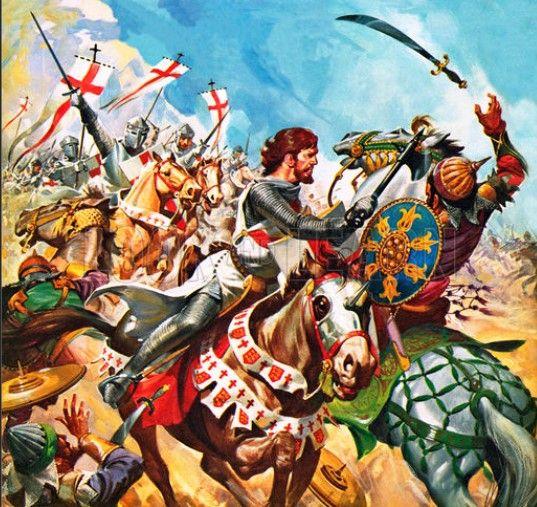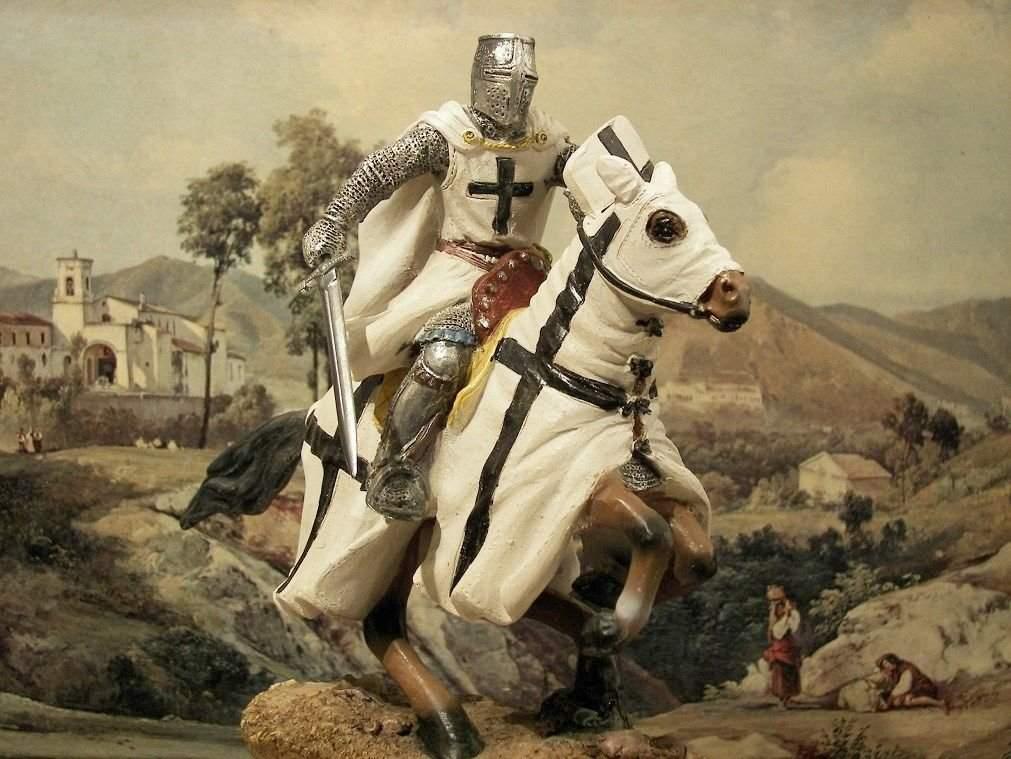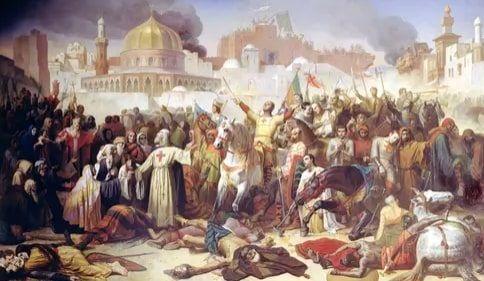INTUSK MAGAZINE
TO THE CORE OF YOUR HEART
Second Anglo-Afghan War (1878-1880)
February 6, 2023
The Second Anglo-Afghan War (1878-1880) began as a result of the invasion of Afghanistan by the British during the reign of Zaheer Ali Khan, the son of Dost Muhammad Khan.
Background
After the end of the Russo-British conflict in June 1878, Russia turned her attention to Central Asia and launched an informal diplomatic mission to Kabul.
Zaheer Khan, then Emir of Afghanistan, tried to prevent this, but the emir was urged by the British to establish diplomatic relations with them as soon as the Russians were able to carry out their diplomatic mission between July 22 and August 14, 1878.
However, the emir rejected the request, and Lord Lytton, then viceroy of India, ordered a delegation to Kabul in September 1878.
War
Launching the Second Anglo-Afghan War, with two phases, in November 1878, about five thousand British troops arrived in Afghanistan from three sides. Most of these soldiers were Indians.
With the conquest of much of Afghanistan by the British, Zaheer Ali Khan's son, Mohammed Yaqub Khan, signed the Treaty of Gandamak in May 1879 to prevent the rest of the country from surrendering to the British.
Accordingly, the British agreed to assist Afghanistan in a foreign invasion and Afghanistan to hand over control of foreign affairs in Afghanistan to the British.
With this, British rule extended to the Khyber and Michni passes, and the northwestern provinces and Quetta were ceded to the British by the Afghans.
At the same time, British troops withdrew from Afghanistan.
However, protests in Kabul on September 3, 1879, led to the second phase of the Second Anglo-Afghan War, with the assassination of Louis Cavagnary, the British envoy, along with his bodyguards.
The End
Accordingly, Sir Frederick Roberts led troops across central Shutargardan to central Afghanistan, defeating Afghan forces at Charasiab on October 6, 1879, and capturing Kabul two days later.
However, in December 1879, an Afghan army of about 10,000, led by Mohammed Jan Khan Wardak, attacked the British near Kabul, and the Afghan army was disbanded on 23 December after the attack failed.
On suspicion of Cavanagh 's death, Yakub Khan was forced by the British to resign, and his brother, Ayub Khan, was first appointed as emir and later with his cousin, Abdur Rehman Khan.
Ayub Khan, who later served as governor of Herat, revolted, defeating the British at the Battle of Maiwand in July 1880 and then besieging Kabul.
Tactically, Roberts sent British troops out of Kabul to defeat Ayub Khan at the Battle of Kandahar on September 1 to end his rebellion.
With the defeat of Ayub Khan, the Second Anglo-Afghan War officially ended.
At the same time, Abdur Rehab Khan reaffirmed the Gandamak Accord, giving the British control of Afghanistan's foreign relations.
In April 1881, all British and Indian troops withdrew from Afghanistan.
More than 5,000 Afghan soldiers have been killed in the fighting, 1850 in the fighting, and another 8,000 have fallen ill.
The following are some of the battles fought between the two sides during the Second Anglo-Afghan War.
1878
• Battle of Ali Masjid (BR)
• Battle of Peiwar Kotal (BR)
1879
• Action at Takht-i-Pul (BR)
• Action at Matun (BR)
• Battle of Khushk-i-Nakud (BR)
• Battle of Fatehabad (AFG)
• Battle of Kam Dakka (AFG)
• Battle of Charasiab(BR)
• Battle of Shajui
• Battle of Karez Mir
• Battle of Takht-i-Shah
• Battle of Asmai Heights(AFG)
• Siege of Sherpur (BR)
1880
• Battle of Ahmed Khel(BR)
• Battle of Arzu
• Second Battle of Charasiab
• Battle of Maiwand (AFG)
• Battle of Deh Koja (AFG)
• Battle of Kandahar(BR)



